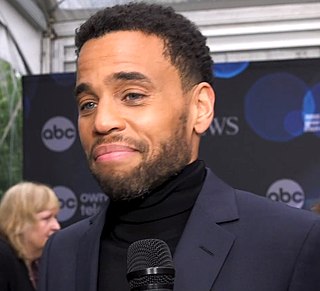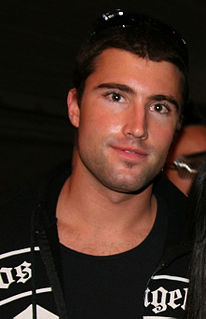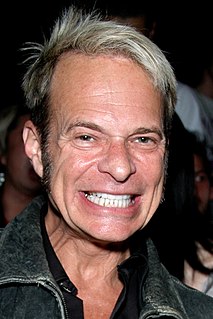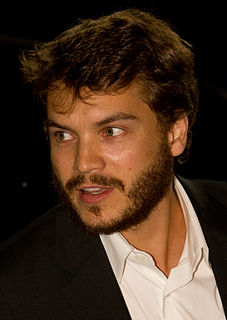A Quote by Keke Palmer
We have African-Americans and black people getting behind the scenes more and more, we get true black images in television and film...because we have black people behind them. They can tell stories from those points of view and bring to life those characters who have yet to be shown. As long as we have people behind the camera just as much as in front of the camera doing the work, then we'll always be good.
Quote Topics
Related Quotes
As a black person on the outside, because there's so much black art and so much of black people's work circulating, so many people imitating what black people do, you would think that there'd be more black people on the business side. It didn't cross my mind that every label head, for the most part, is a white guy.
I just feel that I enjoy the work more than I ever have... or just as much certainly... I enjoy making films behind the camera equally to making them in front of the camera on all those years. I just enjoy it, that's all. I've been lucky enough to work in a profession that I have really liked and so I figured I'd just continue until someone hits me over the head and says "get out".
Katherine Johnson never complained, it just was what it was. She just said, "I just wanted to go to work and do my numbers." And she stopped right there. I think about that as a Black woman in Hollywood when I'm asked about diversity. I hate when people say diversity because the first thing you jump to is Black and white. When you talk about diversity, you're talking about women being hired in front of and behind the camera. You are talking about people with disabilities, the LGBTQ community...so I hate when people think about diversity.
My father stood behind a bar in the back of the room all those years, so one day I could stand behind a podium in the front of a room. That journey, from behind that bar to behind this podium, goes to the essence of the American miracle - that we're exceptional not because we have more rich people here. We're special because dreams that are impossible anywhere else, come true here.
There are more than 100 million African women who go topless at some point in the day, each and every day, to honor both God and our ancestors. So being in a country like America where nothing is hated more than the image of the black woman, even by black people'because her womb produces the black man and makes us black'I find it of grave importance to implement African images, and especially to produce media images that acknowledge the sexual power and fertility of black women.
It's great we have a female Thor. It's great we have a black Captain America. But those are just optics; it's optics of change... Unless you have the structural diversity, the structural change behind the scenes - more women, more people of color actually calling the shots and editing these books - those optics won't last.
That's really good for an actor - to like the people behind the scenes - because then you treat the camera differently. If you really like someone who's shooting you, you're more open. You're not defensive, you're more relaxed, and I think that translates into a more interesting, natural performance.
The images that people see in the media of black people - whether journalistic or narrative - remain horrible. And those images, combined with the lack of respect among black people in the poorer neighborhoods for themselves, and the part the police and other people coming into those neighborhoods play, it creates no value for life.



































